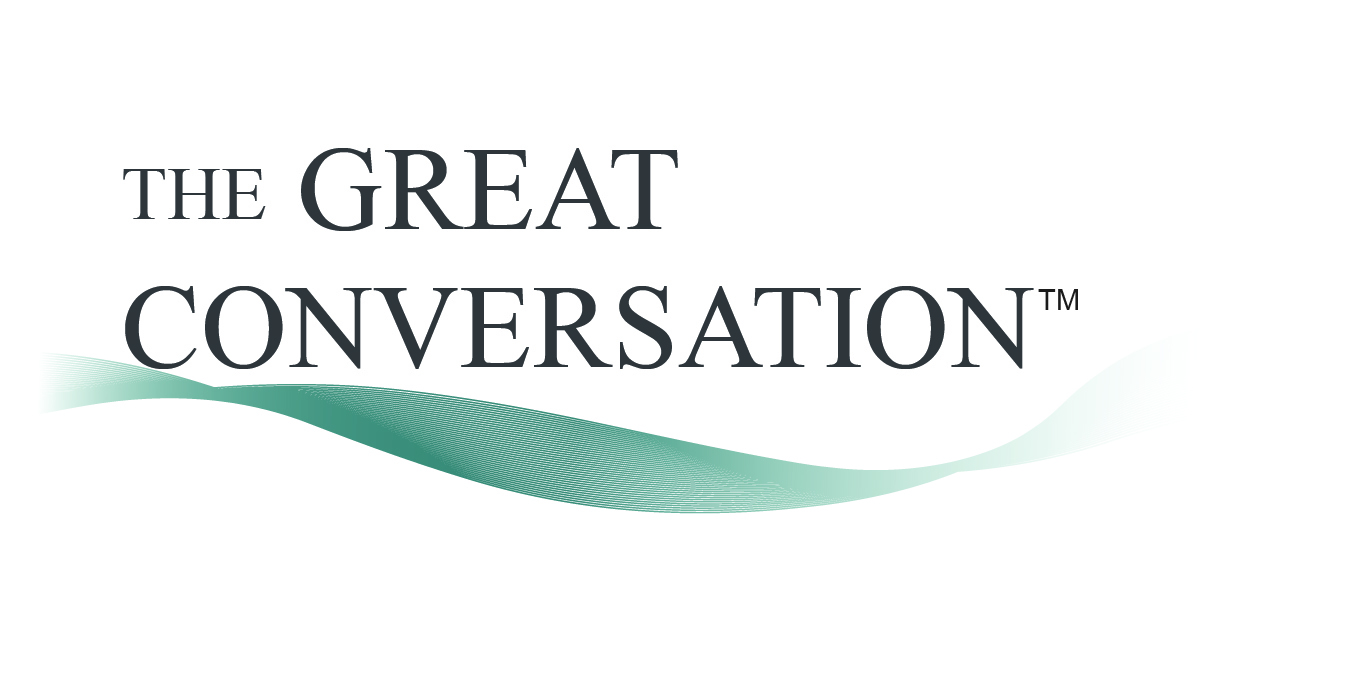There is no one way to look at PTSD (Post Traumatic Stress Disorder). According to the National Center for Biotechnology Information (NCBI) there are 636,120 ways to have PTSD.
However, those of us who have not been diagnosed with PTSD can learn a lot from those who have served our combat veterans on how to deal with stress and trauma, especially in these uncertain times.
One of our Great Conversation leaders introduced us to Dr. Dan Libby, Executive Director of the Veterans Yoga Project (VYP), a 501 (c) (3) non-profit organization whose mission is to support recovery and resilience among our veterans, families, and communities. He and his organization are working with hundreds, if not thousands, each week, helping them to navigate a VUCA (volatile, uncertain, complex, and ambiguous) world. Here is a quote from Dr. Libby based on an early recognition of the power of yoga on one of his early clients:
“A turning point in the founding of VYP occurred before the fourth “mindful yoga” class I had ever taught. One of my veterans approached me and told me that he had stopped taking his sleep medications, because now he could meditate to go to sleep. That moment was profound. The pride with which he told me this was palpable. It is as if he were no longer a broken man who could not manage the simplest of human functions; instead, he was empowered to use his own mind, his own breath, his own body to live and sleep, in a way that brought him more ease and more joy. He practiced every day. Eventually, he went on to lead morning meditations in his own community at a local yoga center.”
We have a Great Conversation around the unique benefits of yoga in training the body and mind, eventually training yourself to be at peace with what you find in any moment. I came away with the sense that if I could get to that state, as a leader, I could see more clearly the people around me and the circumstances that were confronting them with empathy and without judgement. In a sense, we wake up, freed from emotional constructs that can lead us astray.
Dr. Libby is much more eloquent. Enjoy the conversation.


